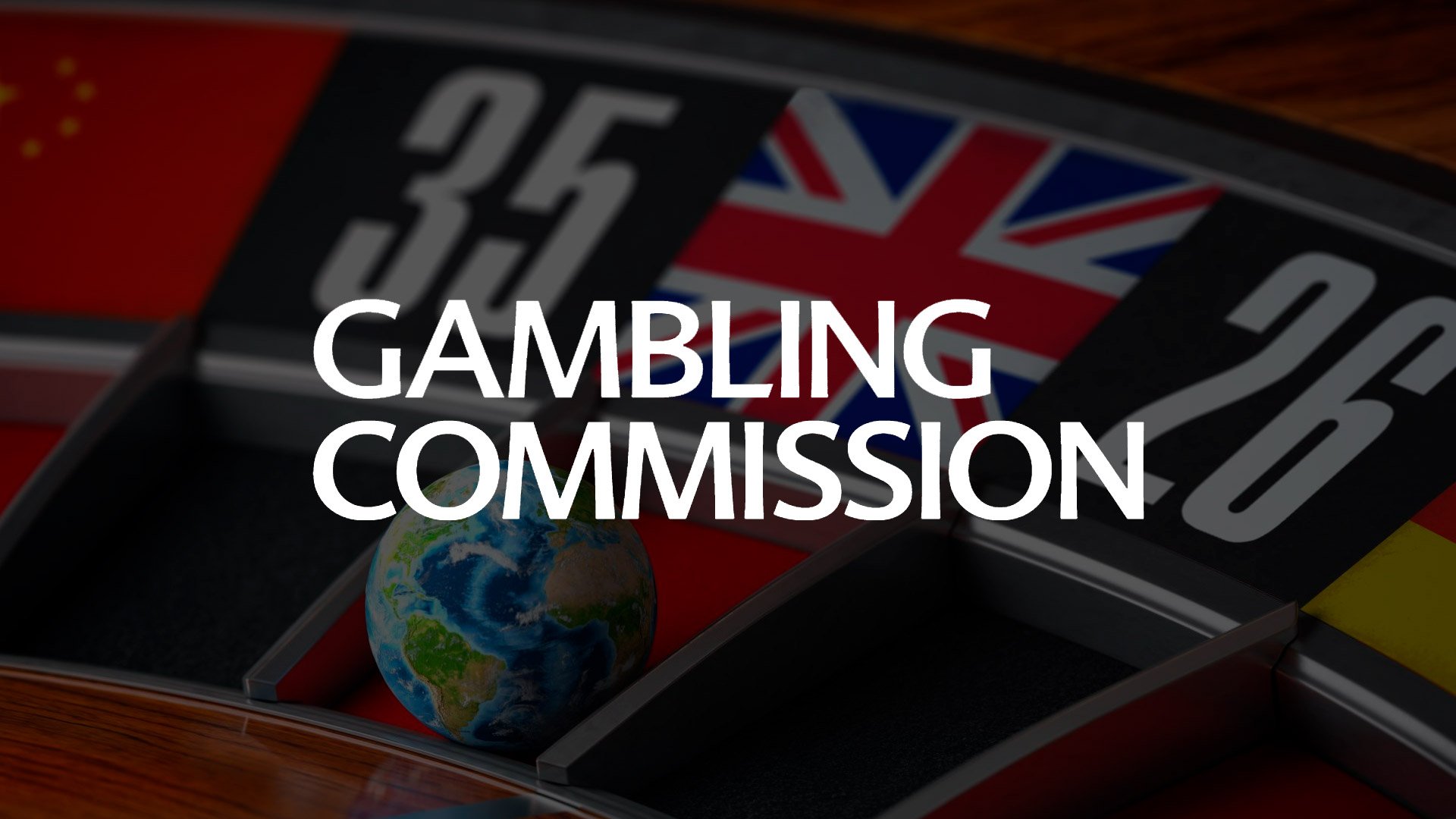UK Gambling Commission report identifies consumer drivers of illegal online play

Access to better odds, wider game options, cryptocurrency payments, and the ability to bypass deposit limits are among the main reasons consumers turn to illegal online gambling sites, according to a new UK Gambling Commission report that also flagged concerns over self-excluded players resuming gambling on unlicensed platforms.
The study, “Illegal Online Gambling: Consumer Awareness, Drivers and Motivations,” published September 18, 2025, in partnership with Yonder Consulting, found that players seek out unlicensed operators for a variety of reasons. Respondents cited access to games unavailable in Great Britain, alternative payment methods beyond the pound sterling, and reduced barriers such as minimal age or ID checks.
For some, unlicensed websites offered a way to continue gambling amid restrictions on licensed operators, including those placed under self-exclusion through schemes like GAMSTOP.
The Commission identified four main audiences that use unlicensed websites:
- Self-excluded players, who cannot access licensed platforms and use illegal sites to bypass restrictions.
- Skilled players, who knowingly engage with unlicensed sites to use digital or foreign currencies, explore new games, or avoid verification processes.
- Social explorers, who discover sites through social networks or forums, often try them cautiously before committing more money.
- Accidental tourists, who come across unlicensed platforms by chance, often through search engines or advertising, and may not realize the sites are unlicensed.
Engagement with unlicensed sites was generally supplementary to licensed play, with no respondents reporting exclusive use of illegal operators.
The Commission reported that most consumers had low awareness of illegal operators and difficulty identifying whether a website was licensed. Some participants incorrectly named licensed companies as unlicensed, while others could not recall any names at all. At the same time, respondents said they considered licensing important for operators.
The research found that men aged 18 to 24, frequent gamblers, and individuals with a Problem Gambling Severity Index score of eight or higher were most likely to use unlicensed platforms. Online football betting, slot machines, bingo, and virtual games were the most common forms of gambling reported on illegal sites.
The Gambling Commission said the research supports its push for more consumer education, targeted interventions, and closer monitoring of payment systems, marketing, affiliates, and cross-border advertising.
“The illegal online market is unsafe, unfair, and criminal,” Chief Executive Andrew Rhodes said. “Since April 2024, we’ve seen a tenfold increase in our disruption activity, and we intend to continue to work with a wide range of partners to build on this success.”
Rhodes added that a deeper understanding of how illegal markets operate will guide future enforcement and consumer protection efforts.















